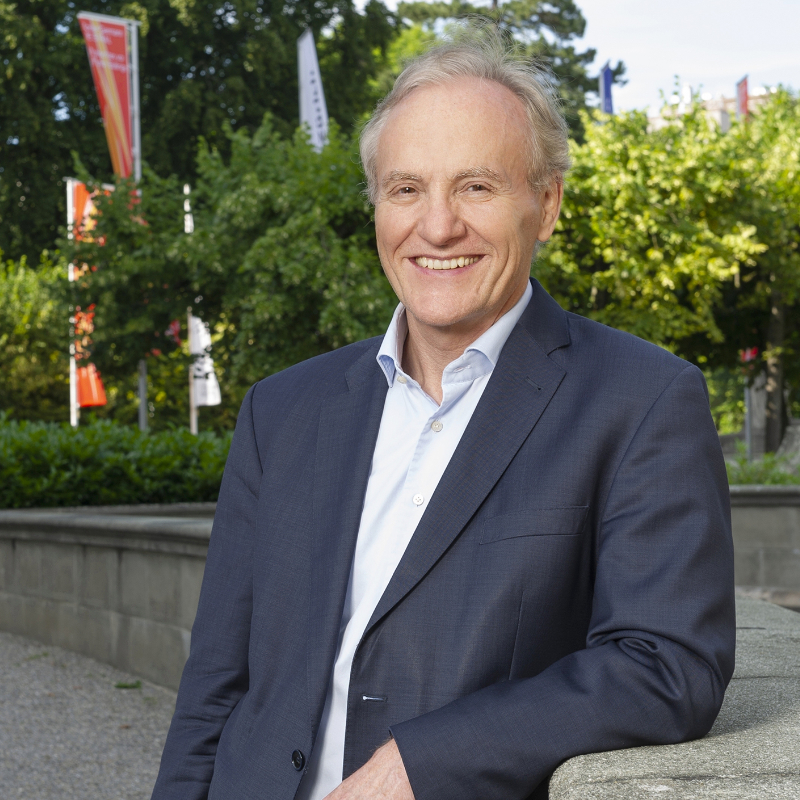Meritocracy, selfishness, inequality aversion and redistribution policies
In many economically advanced societies, meritocracy is perceived as an attractive ethical principle that provides guidance in the normative assessment of actual income distributions. According to the meritocratic principle, income differences that originate from differences in individuals’ effort are normatively justified while income differences that stem from pure luck lack a normative justification. Meritocracy is also closely related to the idea of equality of opportunity that seeks to implement equal chances but not equal outcomes. To what extent do people indeed have meritocratic preferences and to what extent to they only superficially support the meritocratic principle? It is easy to argue for meritocracy if one would personally benefit from a meritocratic distribution of resources. But to what extent are individuals willing to incur costs to implement a meritocratic outcome that reflects effort differences even in those situations in which the meritocratic outcome is associated with few material resources for themselves. In other words, to what extent are individuals willing to constrain their self-interest for the sake of meritocracy. The first part of this research project develops an experimental design that can answer this question by systematically varying individuals’ cost of implementing a meritocratic solution. We will then relate individuals’ meritocratic preferences to traditional measures of inequality aversion, which describes individuals that are willing to pay to increase other individuals’ incomes when these individuals are worse off compared to themselves, and simultaneously a willingness to pay to decrease other individuals’ incomes when these individuals are better off compared to themselves. Currently, the relationship between these two social preference concepts is not known but a clarification is urgently needed. The second part of the project will relate the new measures of meritocratic preferences to individuals’ willingness to support redistributive policies that have been proposed during the last 15 years in several Swiss referenda. We have already collected a data set with individuals’ voting preferences in these referenda. By approaching the same individuals again, and measuring their meritocratic preferences, we will be able to estimate the extent to which meritocrats behave differently in these referenda compared to, for example, purely selfish individuals or inequality averse individuals.

Prof. Ernst Fehr
Project Leader
Department of Economics
Data used